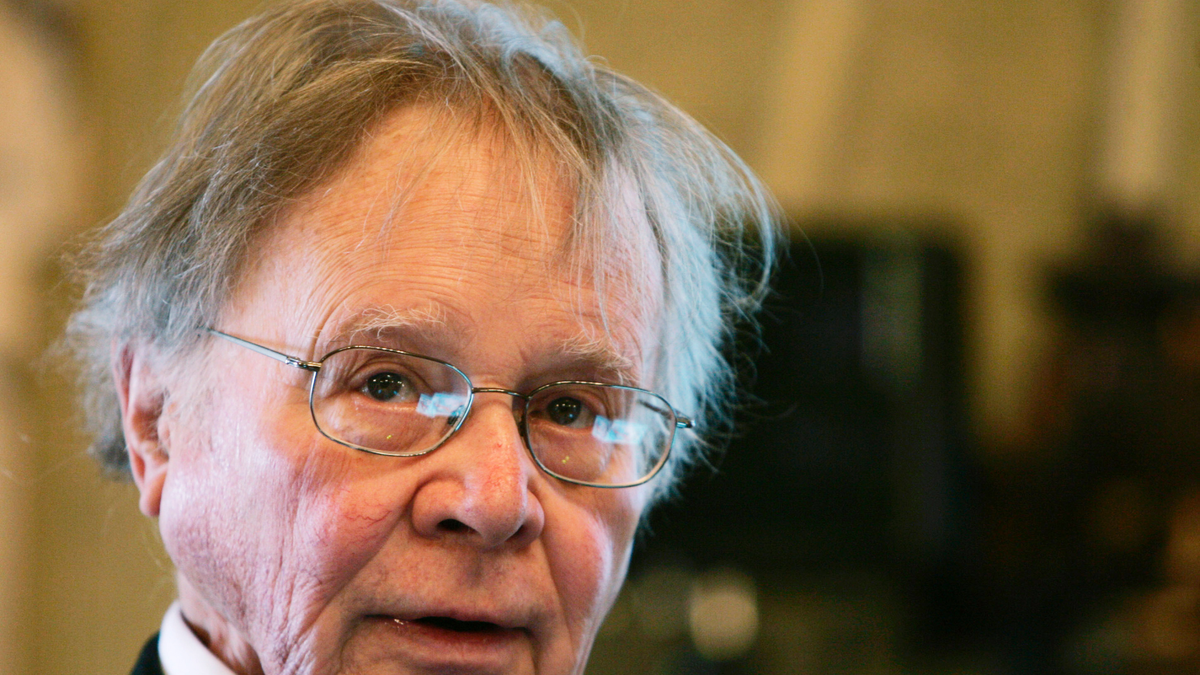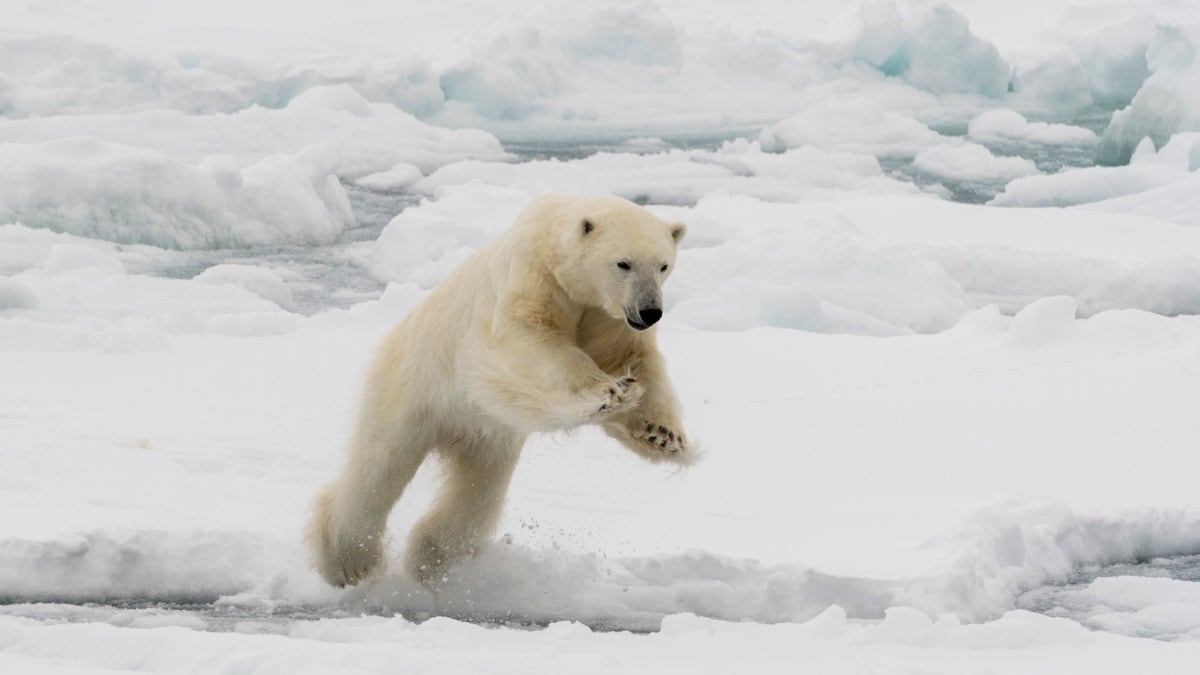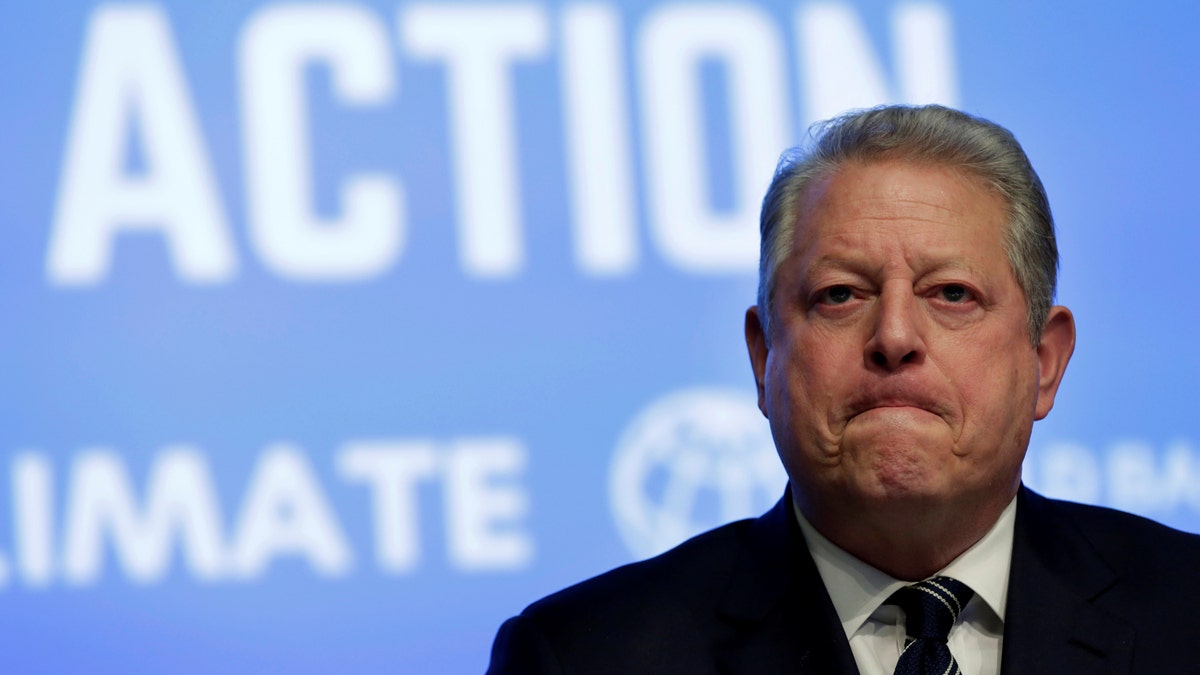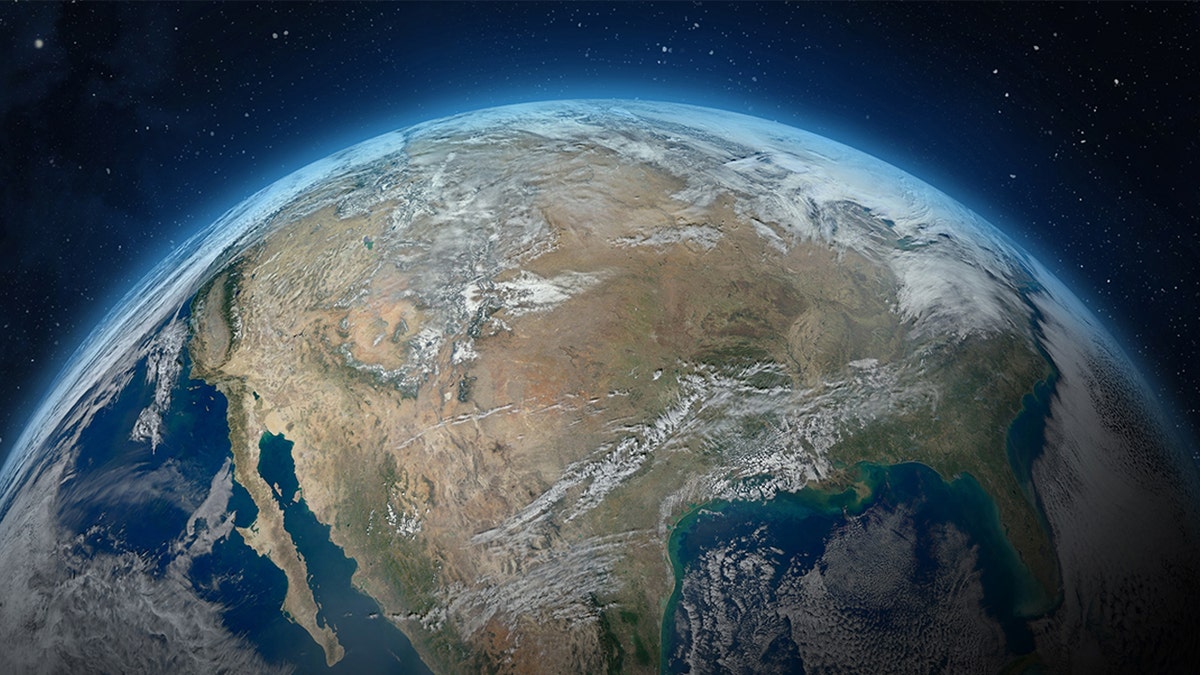Biden appears ready to declare global warming 'emergency'
'The Five' debate after President Biden visits former site of Massachusetts coal plant as Democrats turn on Manchin.
A lot of hot air?
Washington, D.C., continues to emit plenty of it over the phrase "global warming," coined on this day in history, August 8, 1975.
"Are we on the brink of a pronounced global warming?" wrote the late Columbia University geologist Wallace S. Broecker in an article published in the journal Science.
It's widely considered the first use of a phrase that is today at the center of American culture wars.
MORE HUMAN REMAINS DISCOVERED AT LAKE MEAD AS WATER LEVELS DROP
"We may be in for a climatic surprise," wrote Broecker, who studied ocean sediment cores and what they revealed about the ebb and flow of polar ice caps through the Ice Ages.
Periods of sudden global warming had occurred through the eons because of changes in ocean patterns, Broecker discovered.
Slow periods of glacial growth, creating the Ice Ages, were followed by rapid melting of the ice caps.

In this Nov. 21, 2008, file photo, Wallace Smith Broecker, a professor in the Department of Earth and Environmental Sciences at Columbia University in New York, addresses the audience during the Balzan prize ceremony in Rome. (AP Photo/Gregorio Borgia)
He found six periods of glaciation and rapid warming over the past 440,000 years, long before humans began burning fossil fuels.
But mankind's modern industrial activity posed the threat of accelerating the pattern, Broecker warned.
"The onset of the era of CO2-induced warming may be much more dramatic than in the absence of natural climatic variations," he wrote.
NOAA SCIENTIST REJECTS GLOBAL WARMING LINKS TO TORNADOES
Broecker has been called a "prophet of climate change."
Yet his work had little in common with the apocalyptic visions raised by global alarmists today such as Al Gore, John Kerry and President Joe Biden.
Broecker’s research brazenly rejected the conventional scientific wisdom and climate hysteria of the 1970s.

A polar bear mid-leap at the North polar ice cap, Arctic Ocean. Geologist Wallace Broecker, the "father of global warming," determined that there have been six major periods of glaciation over the past 440,000 years. (Sergio Pitamitz/VWPics/Universal Images Group via Getty Images)
Researchers and global alarmists at major media in the 1970s declared that mankind was doomed to the destruction of a new Ice Age.
Ice sheets, they warned, were destined to suddenly rush down from the polar ice caps.
"We cannot make good predictions about future climate change." —Wallace Broecker
Time, Newsweek and The New York Times, among any other outlets, all cited current research as they issued stark Ice Age warnings in 1975, the same year Broecker’s study was published.
"Sooner or later a major cooling of the climate is widely considered inevitable," The New York Times wrote on May 21, less than three months before Broecker warned of global warming.
Instead of a call to alarm and economic destruction, Broecker issued a call for more science.

Former Vice President Al Gore attends Unlocking Financing for Climate Action session during the IMF/World Bank spring meetings in Washington, D.C., on April 21, 2017. (REUTERS/Yuri Gripas)
"Our efforts to understand and eventually to predict these changes must be redoubled," he said in the final words of his Science study.
Broecker was the Newberry Professor of Geology at The Columbia Climate School, which called him "arguably one of the world’s greatest living geoscientists" before he died in 2019.
ON THIS DAY IN HISTORY, AUGUST 4, 1790, US COAST GUARD IS ESTABLISHED BY ALEXANDER HAMILTON
The father of global warming rejected a war on fossil fuels, such as the one that the Biden administration and global alarmists are currently advocating.
"While Broecker is an advocate of utilizing alternative fuels, he is realistic about humanity’s addiction to fossil fuels — especially in industrializing nations," Columbia University proclaimed in its biography of the distinguished scholar.
He instead advocated a plan to better use the waste caused by burning fossil fuels.
"The option is to let them industrialize but take care of the problem by capturing and storing the CO2."
"I think we have an option and the option is to let them industrialize but take care of the problem by capturing and storing the CO2," he told the BBC.
"We’re going to have to learn to capture the CO2 and bury it — just like we learned to collect and put away garbage [and] sewage … We’ve taken over stewardship of the planet and with that we have the responsibility to take care of it."

"What is bad is dumping the waste into the atmosphere," wrote Broecker. (iStock)
"Burning fossil fuels is not bad," he wrote in his 2008 book "Fixing Climate: What Past Climate Changes Reveal About the Current Threat — and How to Counter It."
"What is bad is dumping the waste into the atmosphere."
The geologist distanced himself from his reputation as the father of global warming.
CLICK HERE TO SIGN UP FOR OUR LIFESTYLE NEWSLETTER
He offered a $200 reward to his students if they could find an earlier use of the phrase.
"Global warming" has been supplanted in recent years by the scientifically neutered "climate change" as the data over warming, and the impact of mankind on naturally occurring geologic, atmospheric and climactic processes, became less clear.
"The climate system has jumped from one mode of operation to another in the past," Broecker wrote.
CLICK HERE TO GET THE FOX NEWS APP
"We are trying to understand how the earth's climate system is engineered, so we can understand what it takes to trigger mode switches. Until we do, we cannot make good predictions about future climate change."









































